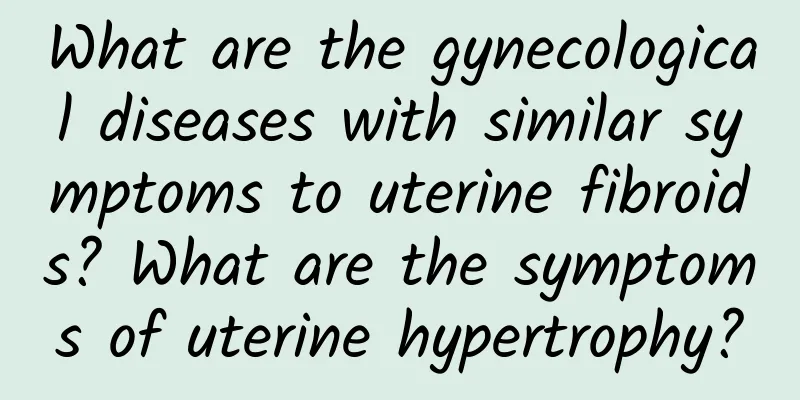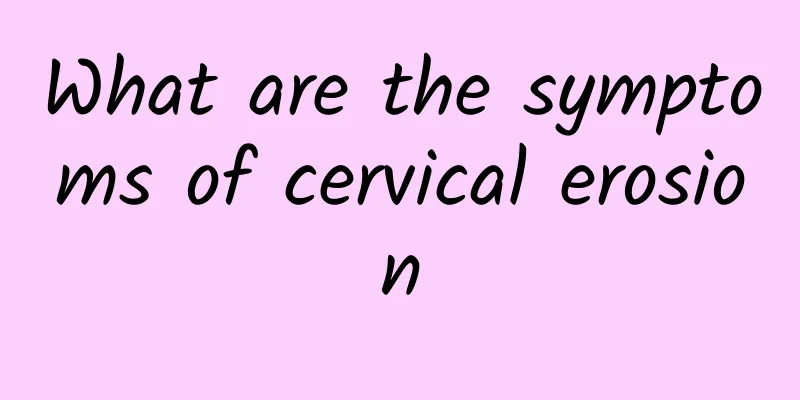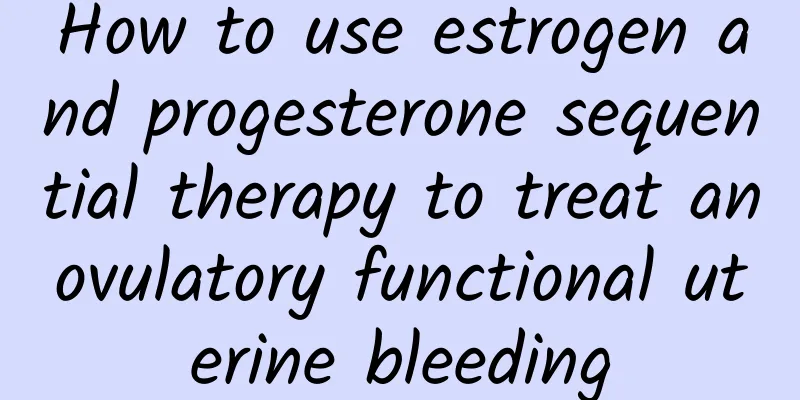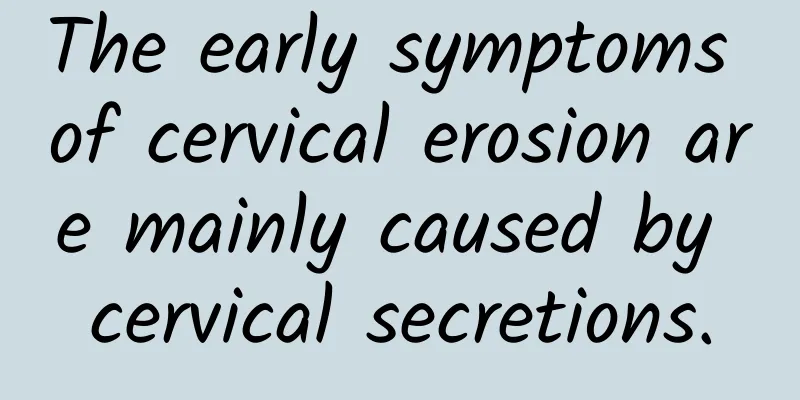Obesity increases risk of cancer and arthritis! No results in weight loss? Endoscopic sleeve suture gastric reduction surgery

|
Modern people are under too much work pressure and lack the time and perseverance to exercise. Coupled with the convenience of fast food and a high-fat, low-fiber diet, the number of obese people in the world is increasing. This can be described as global obesity. The World Health Organization (WHO) has clearly defined obesity as a chronic, recurrent pathological phenomenon. It is not only a problem of appearance, but is also closely related to the occurrence of systemic diseases, including: malignant tumors, hypertension, diabetes, hyperlipidemia, cardiovascular and cerebrovascular diseases, kidney disease, fatty liver leading to chronic hepatitis and cirrhosis, sleep apnea, gastroesophageal reflux disease, degenerative arthritis, attention deficit hyperactivity disorder and depression. According to statistics from our Ministry of Health and Welfare, more than half of the Taiwanese population is obese, much higher than other East Asian countries. Taiwan has not only entered an aging society but has also become an obese nation. Therefore, we must face this problem seriously and receive preventive treatment before obesity-related diseases occur. The most common health effects of obesityArthritis Three highs (hypertension/diabetes/hyperlipidemia) Fatty liver, hepatitis Gastroesophageal reflux disease Cancer Endoscopic sleeve suture gastric reductionObesity control focuses on adjusting lifestyle and eating habits and exercising regularly, but the effect is usually only able to reduce total body weight by 5-10%. For patients with uncontrollable obesity, it is recommended to consider weight loss drugs (e.g., glucagon-like peptide-1) and surgical gastrectomy or bypass surgery. However, the side effects and complications of weight loss drugs and surgical procedures may also affect weight loss results and quality of life. Endoscopic Sleeve Gastroplasty (ESG) is a novel endoscopic weight loss technique. Endoscopic Sleeve Gastroplasty (ESG) is a novel endoscopic weight loss technique. Under general anesthesia, a gastroscope equipped with an "endoscopic suturing system" is used to enter the stomach through the mouth and fold the stomach like a purse and suture it up (picture). Unlike surgical bariatric surgery, it does not require the removal of gastric glands, but can achieve a reduction in stomach volume to reduce appetite and food intake, thereby reducing total body weight by approximately 10-20%. Randomized studies in recent years have also found that using ESG technology as the first-line weight loss treatment is far more effective in controlling weight and metabolic diseases than simply adjusting lifestyle, and it reduces the incidence of postoperative complications and gastroesophageal reflux, greatly improving the quality of life. Currently, health insurance does not cover this minimally invasive endoscopic weight loss surgery, which requires hospitalization for approximately 2-3 days. In addition, not all obese patients are suitable for this treatment. Those with the following medical histories need to discuss with a professional gastrointestinal endoscopist, such as: previous gastric surgery, severe gastroesophageal reflux, peptic ulcer, esophageal varices, upper gastrointestinal structural abnormalities, hiatal hernia, gastric tumors, Crohn's disease, cirrhosis, abnormal coagulation function, alcohol addiction, drug abuse, mental illness, and a history of allergy to hydrogen ion pump blockers. All of these must be carefully evaluated. It is recommended that you seek a professional weight loss team to tailor your assessment and choose the best weight loss method for you. Endoscopic sleeve suture gastrectomy is commonly used in the following situations Obese patients with BMI > 27 kg/m2 plus one or more metabolic diseases, or BMI > 30 kg/m2 Treatment of weight regain after surgical weight loss surgery Severely obese patients have a higher risk of surgical operation Changes after endoscopic sleeve suture gastrectomy Gastric volume decreases (70% reduction) Prolonged gastric emptying time of solid food (prolonged feeling of fullness) in conclusion Endoscopic weight loss surgery can provide you with no wounds on your body surface, fast recovery after surgery, short hospital stay, and effective weight loss and metabolic disease control. It can be one of the best options for you to control your weight. |
Recommend
Tomatoes taste very different when eaten raw or cooked! 7 Tips to Eat Like This, Lycopene Does Not Lose
Which is more nutritious, eating tomatoes raw or ...
How much does the 6-item test for hyperprolactinemia cost?
How much does it cost to complete the six tests f...
What causes chronic cervicitis in women? Chronic cervicitis in women is caused by 4 reasons
There are many reasons that can lead to chronic c...
Let's learn about the symptoms of ovarian cysts from the following article
Among gynecological diseases, ovarian cyst diseas...
Do your joints get stiff when it’s cold? 5 nutrients to protect joints! Nutritionist: 4 tips for keeping warm and stretching to prevent injuries
When the weather gets cold, your knees know it fi...
How much do you know about the symptoms caused by ovarian cysts?
Ovarian cysts are a disease that has no obvious s...
Can uterine fibroids be cured?
Can uterine fibroids be cured? Uterine fibroids a...
How do women treat cervical erosion? How should women prevent cervical erosion?
Cervical erosion has always troubled many women. ...
What is the cause of irregular menstruation? There are 6 reasons for delayed menstruation
What are the causes of irregular menstruation? Ir...
Why do uterine fibroids cause excessive fatigue? Are uterine fibroids prone to fatigue?
Why do uterine fibroids cause excessive fatigue? ...
Do pregnant women need surgery for ovarian cysts?
After getting an ovarian cyst, some special cases...
6 doses of Jingjie Siwu Decoction cures functional uterine bleeding
After years of being picky, Xiao Hu got married a...
How much does it cost to treat gynecological diseases?
Gynecological diseases are common diseases among ...
Which is less harmful to the body, abortion or taking emergency contraceptive pills?
Which is less harmful to the body, abortion or ta...
The number of "tight-legged gangs" running marathons has increased! Doctor: 6 reasons why traditional flip-flops are not suitable for running
In the 2021 New York 5000km Ultramarathon Challen...









